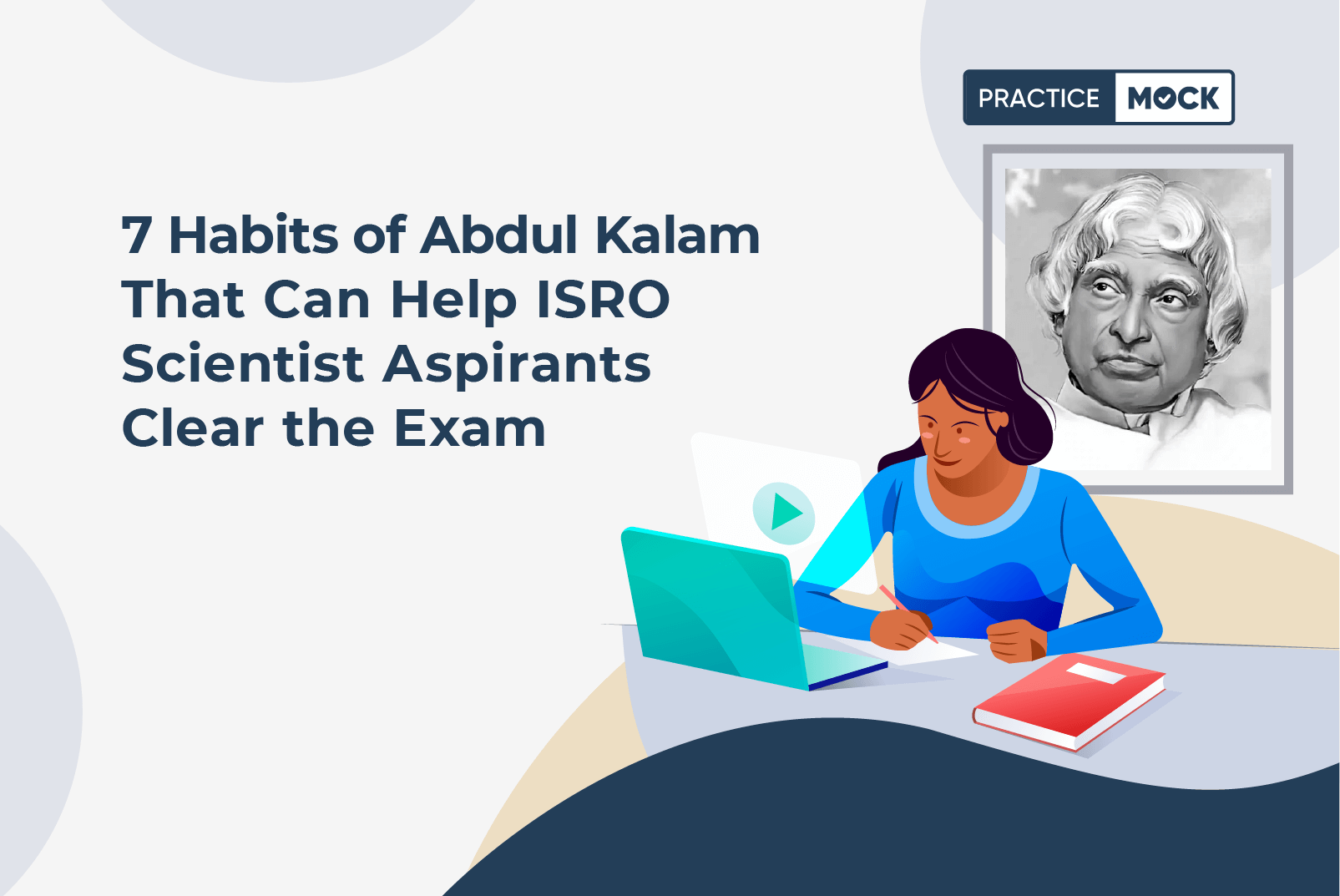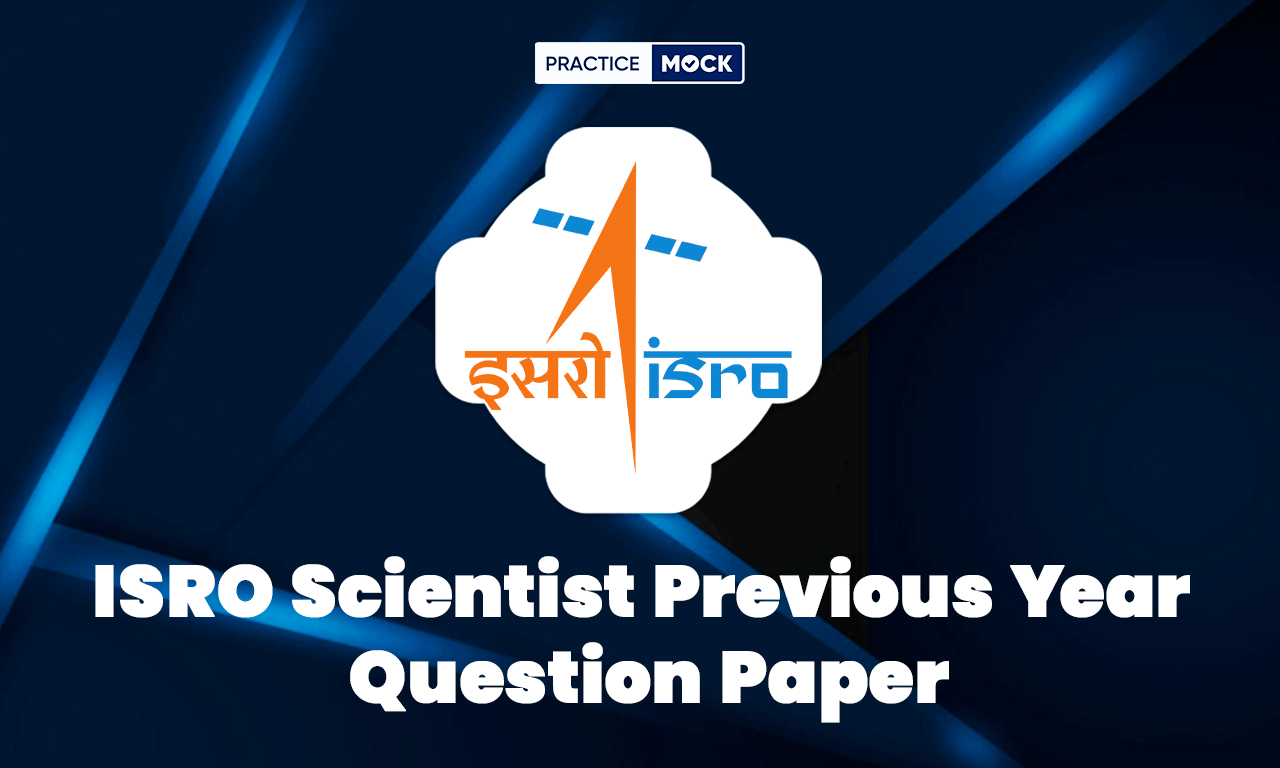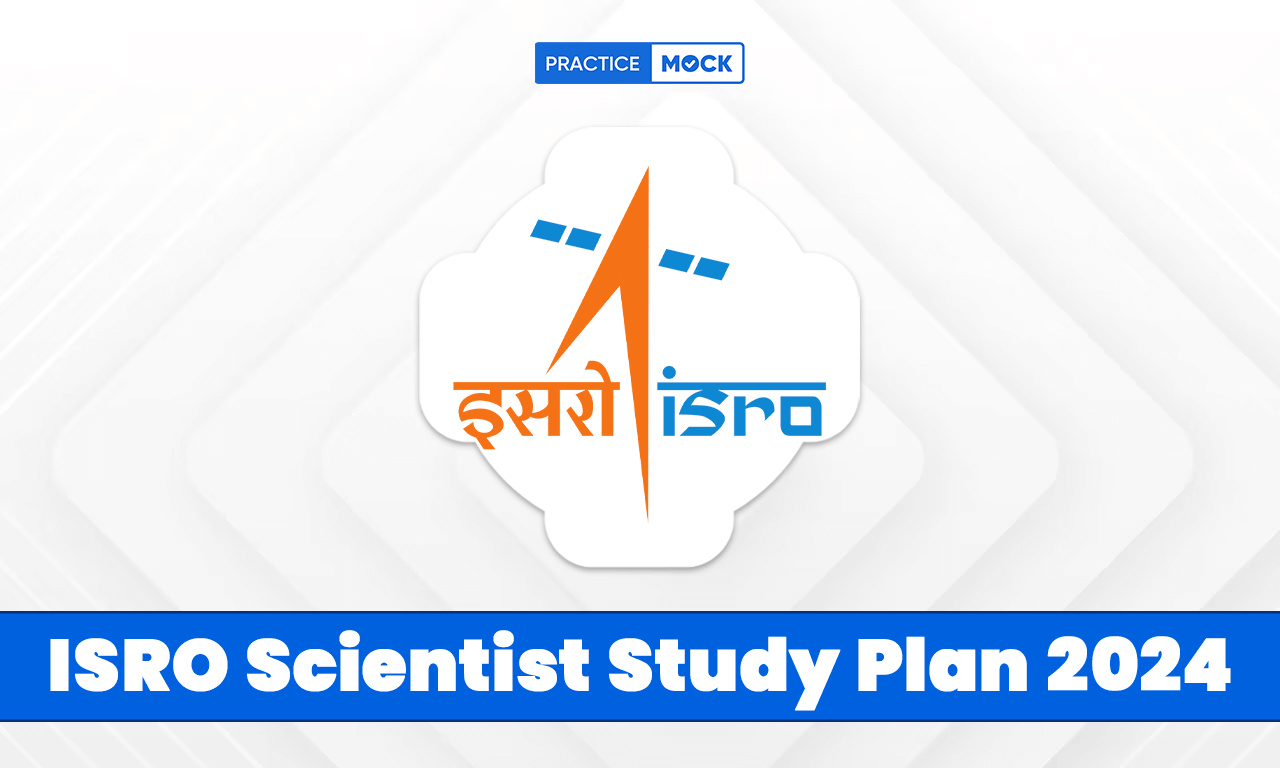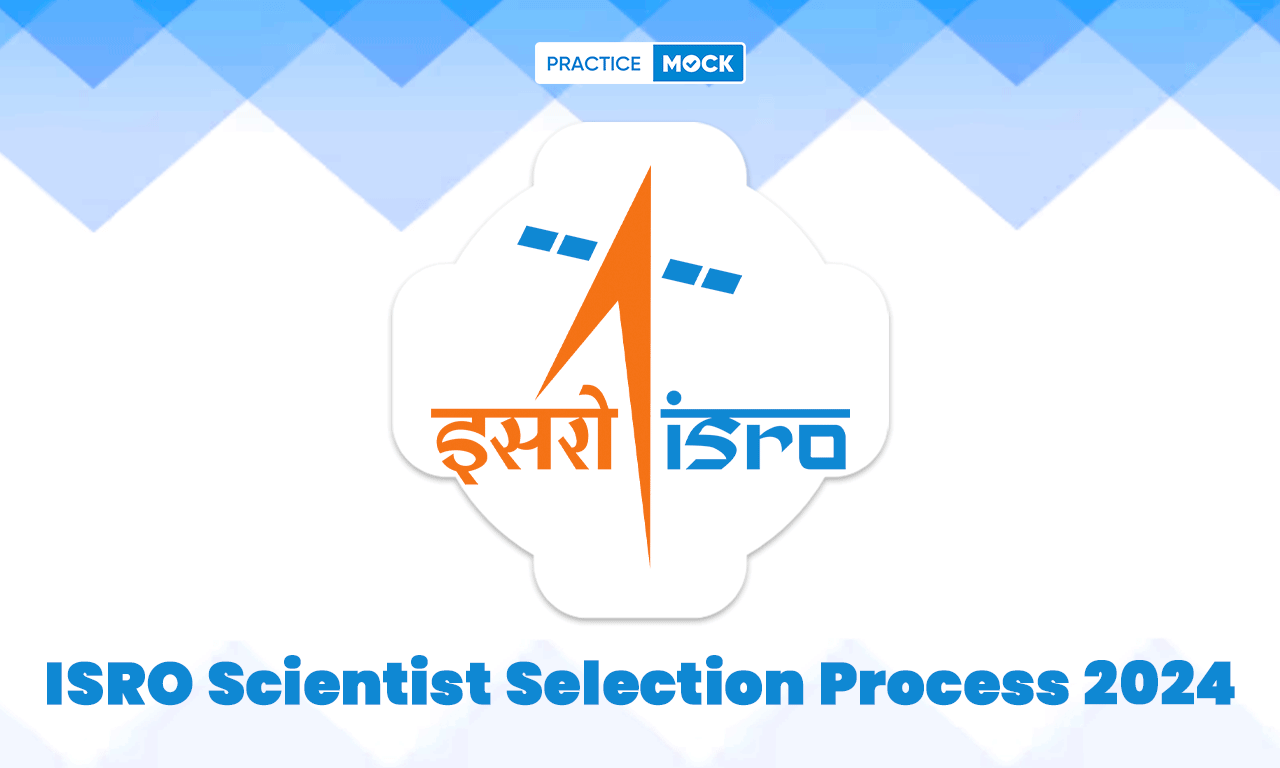Abdul Kalam Daily Routine That Can Help ISRO Scientist Aspirants Clear the Exam


Actor Salman Khan’s Tere Naam hairstyle was inspired by the legendary Abdul Kalam, who rocked the world with his scientific genius and humble personality. The movie was a hit. Abdul Kalam had more than just a cool haircut. He had a passion for learning, a vision for India, and a dedication to serving humanity. These are the qualities that can make anyone succeed in life, especially in the ISRO exam. So, don’t just copy his hair, copy his habits! Dr. APJ Abdul Kalam, a visionary scientist and former President of India, left an indelible mark on the fields of science, education, and leadership. His life and achievements continue to inspire generations, especially those aspiring to join the prestigious Indian Space Research Organisation (ISRO). Dr. Kalam’s success was not merely a result of his exceptional intellect, but also of his habits and principles.
In this article, we delve into 7 habits of Abdul Kalam that can guide ISRO scientist aspirants toward success in their exams and beyond.
Take a FREE Mock Test and Start Your Journey🚀👈
Also read: How to Clear the ISRO Scientist/Engineer Exam 2023 via Einstein’s Study Methods?
Also read: Is ISRO Scientist/Engineer Exam Easy?
APJ Abdul Kalam Daily Routine
Dr. APJ Abdul Kalam, known as the “Missile Man of India” and a visionary leader, led a highly disciplined and simple life. His routine reflected his dedication to work, learning, and personal well-being.
Morning Routine (Early Start to the Day)
4:00 AM – 5:00 AM – Woke up early and started his day with prayer & meditation.
5:00 AM – 6:00 AM – Read newspapers, research papers, and spiritual books.
Work & Research (Full Dedication to Nation-Building)
7:00 AM – 1:00 PM – Work at ISRO/DRDO/Presidency: Meetings, Research, & Innovation.
1:00 PM – 2:00 PM – Light lunch (mostly vegetarian) & a short break.
2:00 PM – 6:00 PM – Continued work, mentoring students, and writing.
Evening Routine (Learning & Interaction)
6:00 PM – 8:00 PM – Interacted with students, gave motivational talks, or attended meetings.
8:00 PM – 9:00 PM – Evening walk & reflection on the day’s work.
9:00 PM – 10:00 PM – Reading & writing books/articles.
Night Routine (Minimal Sleep & Visionary Thoughts)
10:00 PM – 11:00 PM – Had a light dinner, wrote his thoughts, and planned for the next day.
11:00 PM – 4:00 AM – Slept for only 4-5 hours, believing in “Work more, Rest less”.
Key Aspects of His Daily Life
Hard Work & Dedication – Worked for 16+ hours daily on scientific projects & national development.
Simple Lifestyle – Lived with minimal personal possessions.
Love for Teaching – Dedicated time to interacting with students & guiding young minds.
Continuous Learning – Spent time reading books, scientific journals & spiritual texts.
Healthy Habits – Ate light, walked regularly, and maintained inner peace through prayer & meditation.
Dr. Kalam’s disciplined routine was a reflection of his commitment to knowledge, innovation, and the progress of India.
7 Rules of Success by APJ Abdul Kalam That Can Help ISRO Scientist Aspirants Clear the Exam
Here are the 7 habits of the great scientist to follow to achieve the best results:
1. Unwavering Commitment to Learning
One of the most remarkable traits of Abdul Kalam was his unwavering commitment to learning. He believed that knowledge was the key to progress and innovation. ISRO scientist aspirants should emulate this habit by cultivating a thirst for knowledge. Regularly updating themselves with the latest advancements in their chosen field, reading scientific journals, and pursuing continuous education will help them stay ahead in a rapidly evolving space sector.
2. Disciplined Time Management
Dr. Kalam’s daily routine was a testament to his disciplined time management. Rising early, he allotted specific time slots for various activities, including reading, research, and physical exercise. Aspiring ISRO scientists should adopt a similar approach, structuring their study schedules and allocating time for each subject and topic. Effective time management ensures comprehensive coverage of the syllabus while allowing time for revision.
3. Perseverance in the Face of Failure
Abdul Kalam faced his share of failures and setbacks, but he never allowed them to deter him. His persistence was evident in his determination to develop India’s indigenous satellite launch vehicle, despite initial setbacks. ISRO scientist aspirants must develop a similar mindset, understanding that failure is a stepping stone to success. When facing difficult questions or concepts, they should persistently seek solutions and learn from their mistakes.
4. Innovative Problem-Solving
ISRO scientists often encounter complex problems that require innovative solutions. Abdul Kalam’s approach to problem-solving involved looking at challenges from multiple angles and thinking outside the box. Aspirants should cultivate their creativity by engaging in brainstorming sessions, collaborating with peers, and participating in scientific discussions. This habit will help them develop the ability to tackle unforeseen challenges during exams and their future careers.
5. Mentorship and Collaboration
Abdul Kalam valued mentorship and collaboration throughout his career. He acknowledged the role of his mentors in shaping his success and believed in the power of collaborative efforts. ISRO scientist aspirants should actively seek guidance from experienced individuals in the field, whether professors, senior scientists, or professionals. Engaging in collaborative projects and discussions will expand their horizons and offer fresh perspectives on challenging topics.
6. Strong Ethical Foundation
Ethics played a pivotal role in Dr. Kalam’s life and work. He believed in using science and technology for the betterment of society and the nation. ISRO scientist aspirants should internalize this value, committing themselves to ethical conduct in their studies and future endeavors. Upholding integrity, honesty, and responsibility will not only earn them respect but also contribute to the ethical advancement of the scientific community.
7. Effective Communication Skills
Despite his extensive knowledge, Dr. Kalam’s ability to communicate complex scientific concepts in a simple and relatable manner set him apart. ISRO scientists are often required to convey their findings to diverse audiences, including policymakers and the general public. Aspirants should hone their communication skills by practicing presentations, writing research papers, and participating in debates. This habit will enhance their ability to disseminate their work effectively and gain support for their ideas.
🛰️ Ignite Your Dreams of ISRO Victory! Take a Complimentary Mock Test Drive and Embrace the Triumph Equation! 🚀
Success will be Yours
The journey to becoming an ISRO scientist is challenging, requiring dedication, intellect, and a strong set of habits. Dr. APJ Abdul Kalam’s life and habits serve as an inspiring roadmap for aspirants to follow. By embracing his commitment to learning, disciplined time management, innovative problem-solving, perseverance, ethics, communication skills, and collaboration, aspiring ISRO scientists can position themselves for success not only in their exams but also in their future contributions to India’s space exploration efforts. As they channel the spirit of Abdul Kalam, they can illuminate the path towards new frontiers of scientific discovery and technological advancement.
Embark on your journey to conquer the stars with PracticeMock’s latest ISRO Free Mock Tests! Let these tests be your launchpad towards success, boosting your confidence and sharpening your skills. Embrace challenges, learn from every attempt, and soar higher with each question. The sky is not the limit; it’s just the beginning. Step into the world of possibilities today!
Recent Posts
How to Clear IBPS PO Exam in First Attempt?
First attempt success is possible! This guide breaks down how to study smart, stay consistent,…
RBI Grade B Notification 2025, Expected Exam Date & Latest Updates
Get all the information you need about RBI Grade B 2025 Notification, including Exam Date,…
IOB LBO Notification 2025 Out for 400 Vacancies
The Indian Overseas Bank has released the IOB LBO Notification 2025 to recruit 400 candidates.…
UPSC CSAT Free Mock Test 2025 with Free Prep. Resources
In this blog, we have provided the UPSC CSAT Free Mock Test 2025 with Free…
RRB NTPC Application Status 2025, Check Your Application Status
The RRB will release the RRB NTPC Application Status 2025. In this blog, we will…
IBPS PO 2025 Free Study Resources, Attempt Now!
Here we are providing the IBPS PO 2025 free preparation resources, Candidates can get prelims…


